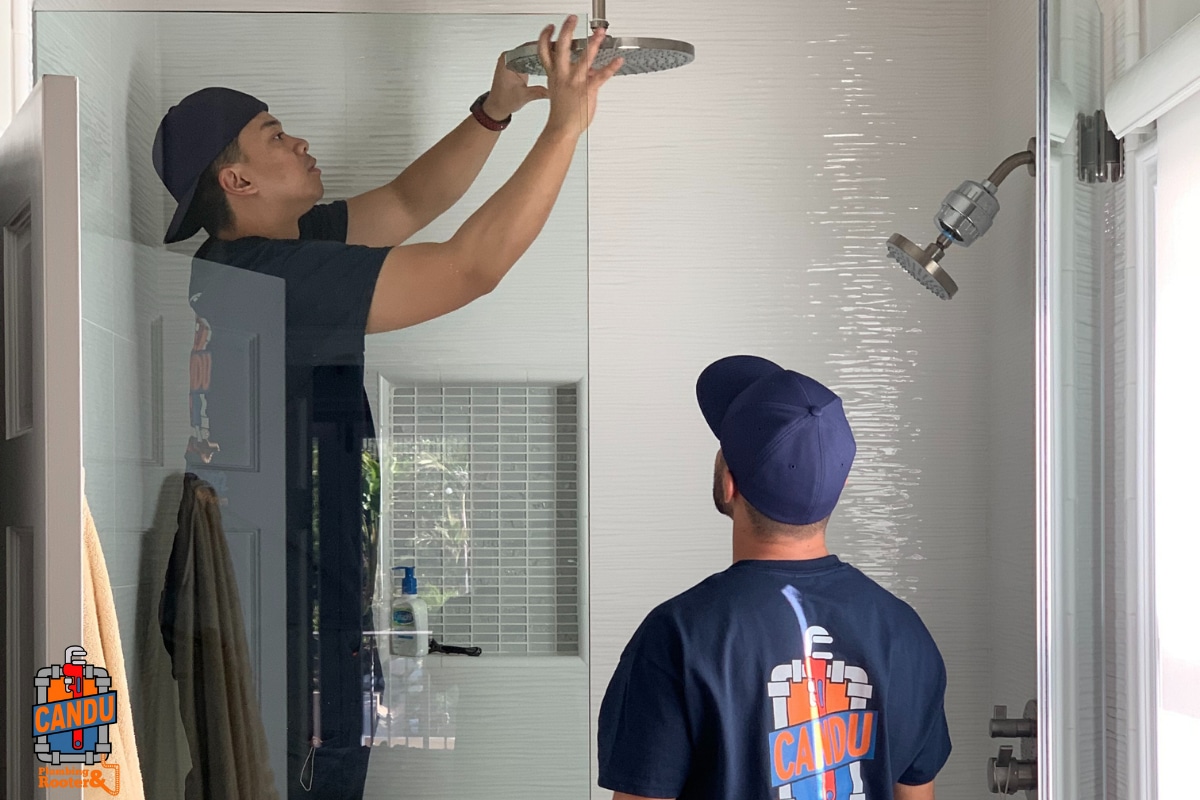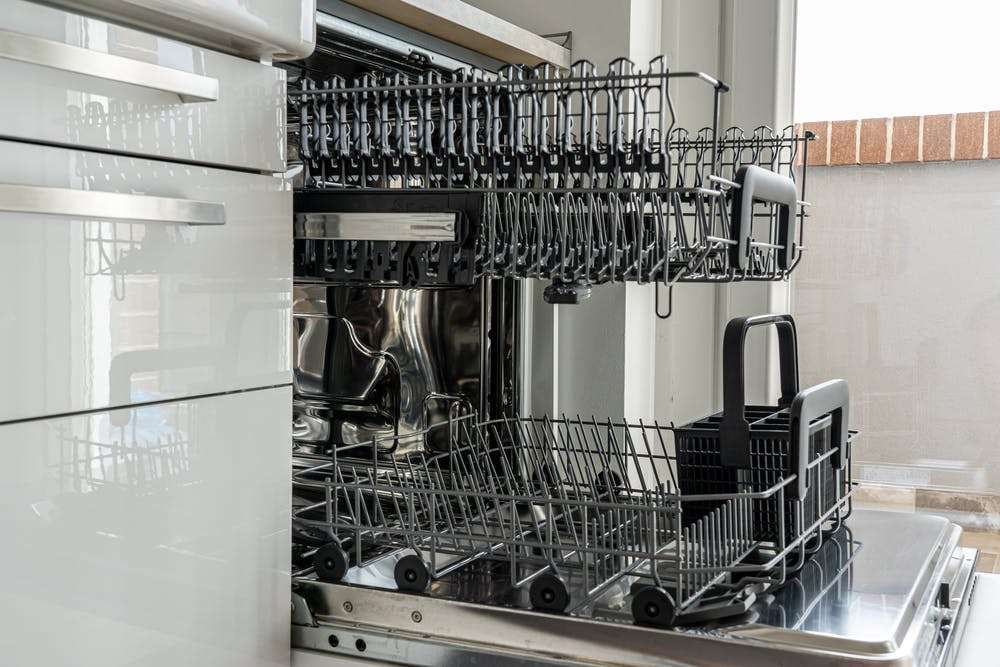When it’s time to move on to the next chapter of your life and sell your old home, there are plenty of preparations to do before you can hand over the keys to your prospective buyer. Part of the tedious process includes conducting home inspections since it can boost your credibility as a seller by indicating that you’re not sweeping off any hidden issues under the rug.
Home inspections also give you strong leverage when negotiating with buyers since you won’t deal with sudden price changes if they find any problems with your space. While a typical inspection involves checking whether the appliances, structural features, and systems, including electrical, gas, heating, and cooling, are in tip-top condition, other types may only come up in certain houses: your septic tank system.
What is a Septic System?
Homes on the outskirts of urban areas typically don’t have any connection to public sewage systems; that’s why homeowners implement their own septic systems to manage their wastewater and disposal. These look like large tanks underground where all your wastewater goes, so it needs frequent inspections depending on the number of people who use them.
Septic inspections should be done at least every two years by a licensed professional, but if it caters to a large family, it may need attention yearly. Some tell-tale signs that indicate your home needs a septic inspection include the following:
- When wastewater backs up into your home’s sinks, toilets, and shower;
- When you hear gurgling sounds from your home’s plumbing system;
- When you see dam areas near the water tank;
- When you notice a patch of vibrant, green grass growing on top of the tank;
- When you smell foul, sewage odors near the septic tank;
With all the other legalities and documentation involved in selling a house, inspecting one’s septic system easily falls into the lower priority category. But it’s one of the most important responsibilities of a seller since septic inspections ensure that the septic system won’t lead to any problems that can potentially pollute near drinking water sources in the area.
Septic System Inspections: What You Should Know
While your standard home inspections are a must for the seller and buyer, the procedure doesn’t include scrutinizing the property’s septic system. Conducting a septic system inspection, which is officially known as Title 5 Inspection, is a critical step in the closing process as it impacts all parties involved in the transaction.
Regardless of where the real estate is located, the fact that your home uses a septic system requires an inspection to determine if it’s up to code and when it was last pumped. Keep in mind that the septic system needs to be pumped at least every two years, so the inspection will reveal whether it needs to be pumped anytime soon.
Professional septic inspectors also consider the household as the more people who use your septic system, the bigger the tank needs to be to function properly. Inspectors also need to verify the durability and longevity of the tank’s lids, which should still securely sit at a ground level with no flaws like cracks that can lead to water leaks.
In addition to checking for the septic tank’s quality, age, and the date when it was last pumped, inspectors also need to look into the drain field to see whether there are threats like tree roots, streams, or wells that can compromise the health of your system.
Preparing for the Septic Inspection
Having a septic system means you’ve experienced conducting inspections in the past, so you only need to gather all the relevant documentation to set up another inspection. While it’s tempting to jump the gun and have the tank cleaned ahead of time, it’s better to let the licensed septic inspectors assess the tank first since it can provide crucial information that would otherwise be wiped away if the system is cleaned beforehand.
As for the length of the process, you don’t need to worry about long waiting times since a full septic inspection, including a pre-pumping assessment and pumping, can take anywhere between one to three hours.
Who Pays for the Septic System Inspection and Repairs?
Sellers are obliged to repair critical systems in their home before handing it over to buyers during transactions, which means it’s your responsibility to cover the cost of holding a septic system inspection and any repairs following the event.
However, you can negotiate with the buyer when it comes to shouldering the repair fees during the home inspection stage of your sale. Handling the septic inspection and repairs can benefit you in the long run since it makes your home more appealing, which means it’s likely to sell faster at the rate you think it deserves.
The Bottom Line: The Importance of Conducting Septic System Inspections When Selling Your Home
At this point, you may think that taking the time to conduct septic inspections when selling your home seems like an unnecessary, extra mile in your selling journey. Yet, it’s an important step that protects you and the buyer moving forward with your transaction. After all, the wastewater treatment system such as a septic tank can impact surrounding factors such as the environment and nearby water sources.
Septic inspections play a pivotal role in ensuring you’re selling a home that won’t put the buyers at risk. The buyer’s perspective also keeps them from moving into a home that turned out to be a money pit. With that in mind, addressing any problems with your septic system can put your home in a better position in the market.
Are You Looking for the Best 24 Hour Plumber in San Fernando Valley?
Whether you need drain cleaning to unclog your toilets, hot water heater installation, sewer pipe repair, water heater replacement, and other emergency plumbing services in San Fernando Valley, Candu Plumbing & Rooting is there to address your needs and handle the dirty work for you! Get in touch with our expert plumbers today and see what we can do to ease your plumbing woes.





